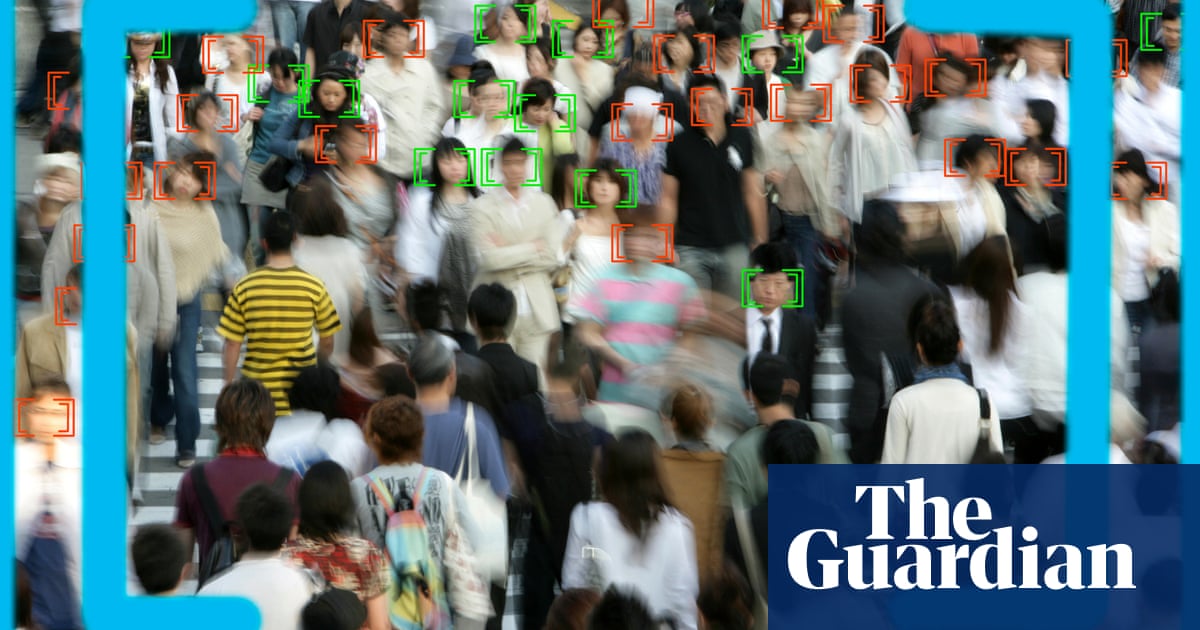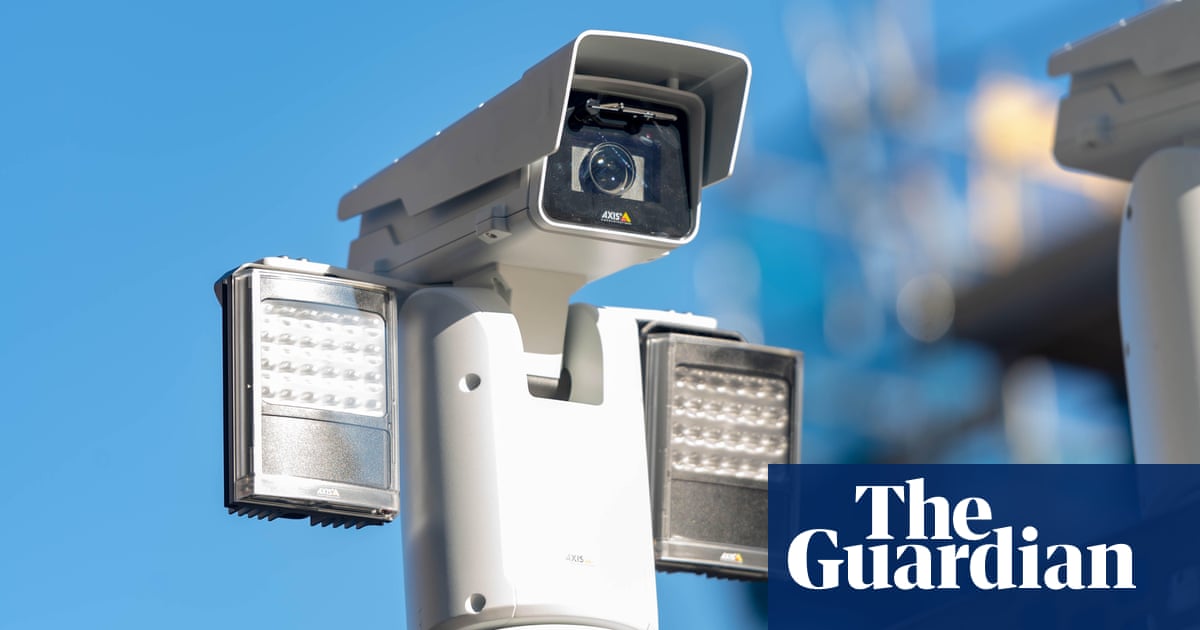
Police will use live facial recognition technology in Cardiff during the Beyoncé concert on Wednesday, despite concerns about racial bias and human rights.
The technology will be used in Cardiff city centre, but not at the stadium, to “support” the artist’s concert at the Principality stadium by identifying wanted individuals and ensuring safeguarding, South Wales police said, as the artist kicks off the UK leg of her first solo headline tour in seven years.
A spokesperson for the force said the technology would be used in the city centre, not at the concert itself. In the past, police use of live facial recognition (LFR) in England and Wales had been limited to special operations such as football matches or the coronation, when there was a crackdown on protesters.
Daragh Murray, a senior lecturer of law at Queen Mary University in London, said the normalisation of invasive surveillance capability at events such as a concert was concerning, and was taking place without any real public debate.
“I find it very hard to believe that it could be useful at a concert, or at a rugby match,” said Murray, who has studied the Metropolitan police’s use of LFR. “But given the really significant interference with human rights, I think it’s up to the police to provide a really compelling argument as to why it’s necessary.”
With live facial recognition technology, it is typically a standalone deployment where, using cameras, police scan passersby to match biometrics against those held on a watchlist.
South Wales police last used the technology for the FIM Speedway Grand Prix held at the same stadium in August 2022. The event, which scanned 20,929 people against a watchlist of 245 images, produced no alerts, actions or arrests, according to the force.
Murray said the technology had dangerous effects on modifying behaviour and, in turn, democratic processes such as protests or political opposition.
“I think things like live facial recognition are the first step, but I think they’re opening the doors to the use of permanent facial recognition across city-wide surveillance camera networks,” he said.
The news comes as ministers call for facial recognition technology to be “embedded” in everyday policing, including body-worn facial recognition technology by officers. The use of LFR by South Wales police has been resumed after the force lost a landmark ruling in 2020 for breaching human rights and failing to properly investigate whether the software exhibited any racial or gender bias.
It resumed use of the technology in April after a report by the National Physical Laboratory, which found the chance of a false match to be one in 6,000 people who pass the camera.
While police believe LFR could be the next big leap in fighting crime, critics have called the practice invasive and an infringement on human rights, and warn against widespread use.
In 2022, a report from the Minderoo Centre for Technology and Democracy at the University of Cambridge said the technology should be banned from use in public spaces due to its violation of ethical standards and human rights laws.
Citing racial bias and the infringement on the privacy of those walking in areas where the technology is deployed, the report said LFR should be banned from use in streets, airports and any public spaces.
Locations where LFR is being used will be clearly marked with signage, said police. The Renaissance world tour also includes performances in Edinburgh, Sunderland, Tottenham and London.












